Ayahuasca and Its Constituents: Meaning, Effects & Risks
GET HELP TODAY!
100% Confidentiality Guaranteed


Ayahuasca is a traditionally brewed Amazonian psychedelic known for profound spiritual insights and emotional healing. In this guide, we’ll explore its meaning, components—such as DMT, β‑carbolines, and MAO‑inhibitors—along with effects, risks, cultural context, and when use becomes problematic. Finally, we’ll discuss how Nova Recovery Center supports individuals navigating challenges related to ayahuasca and constituent misuse.
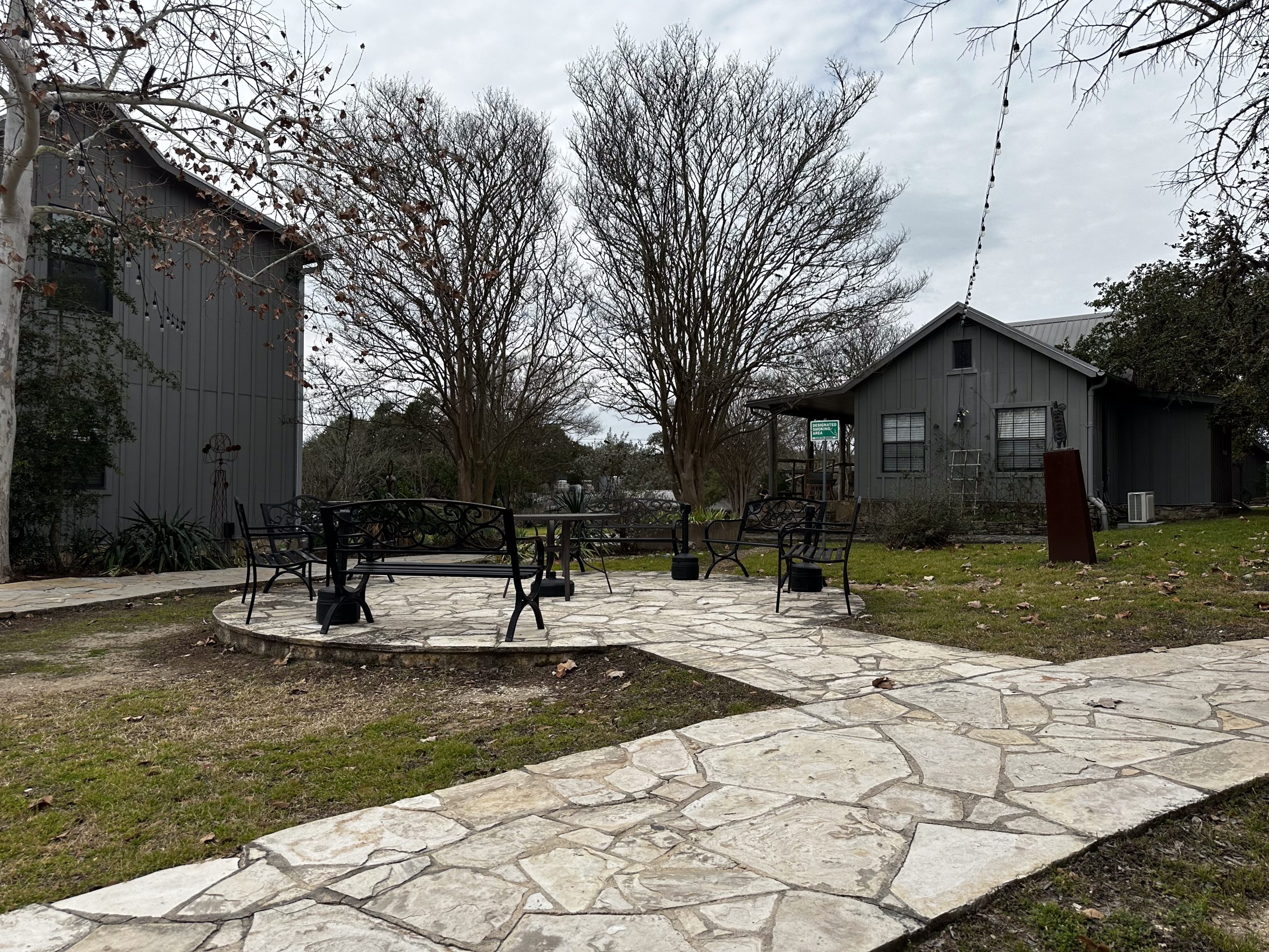

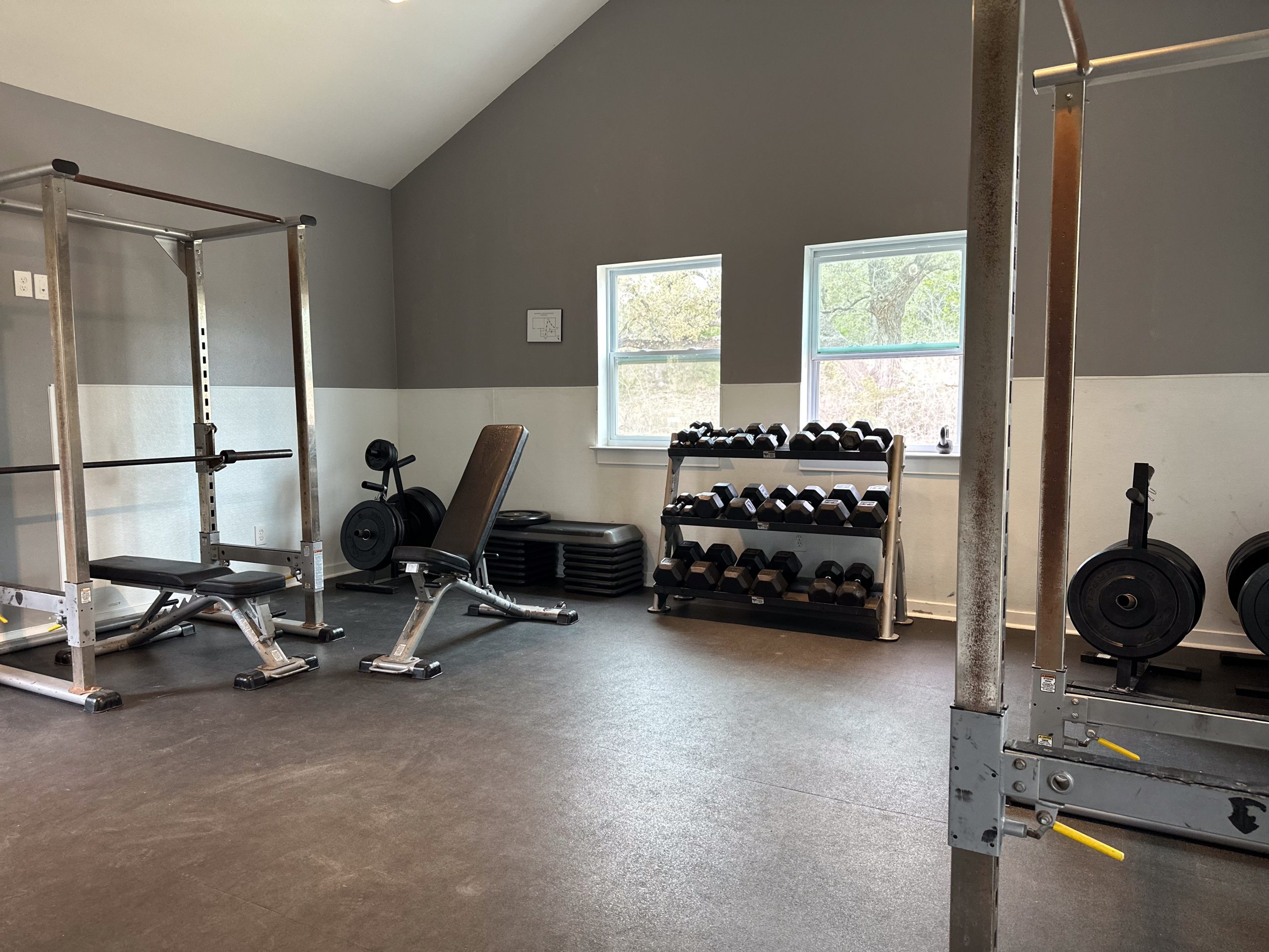


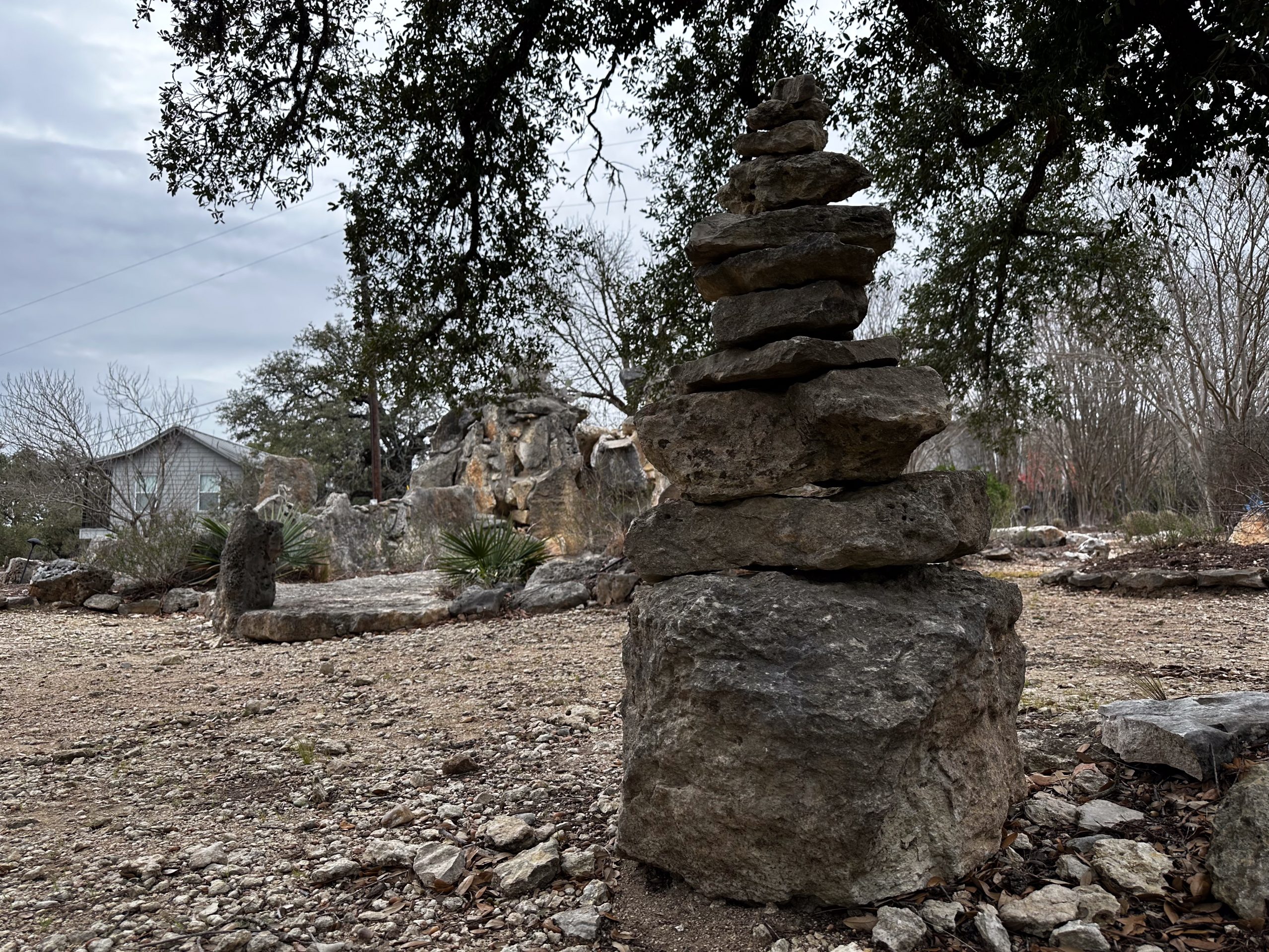
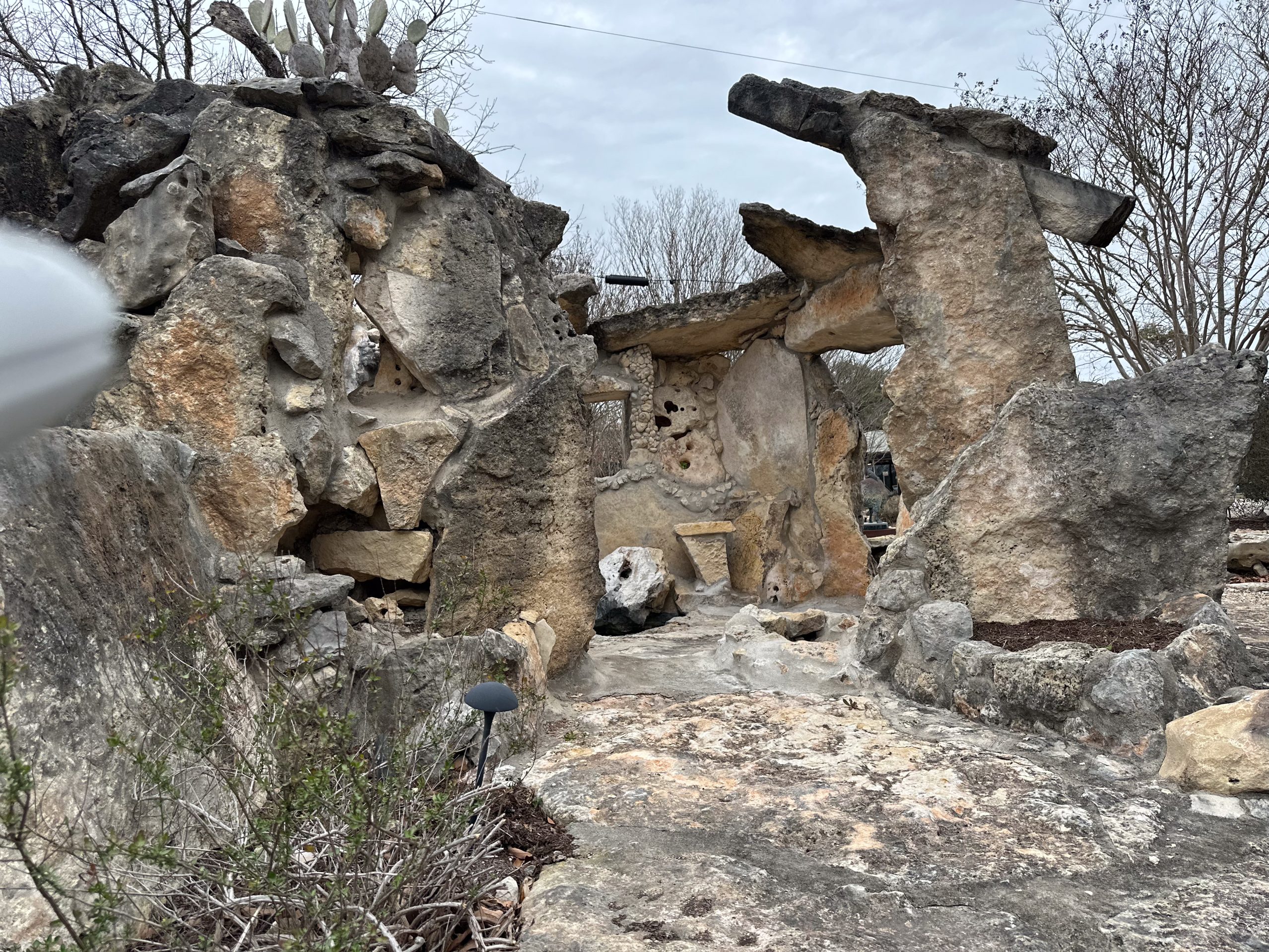
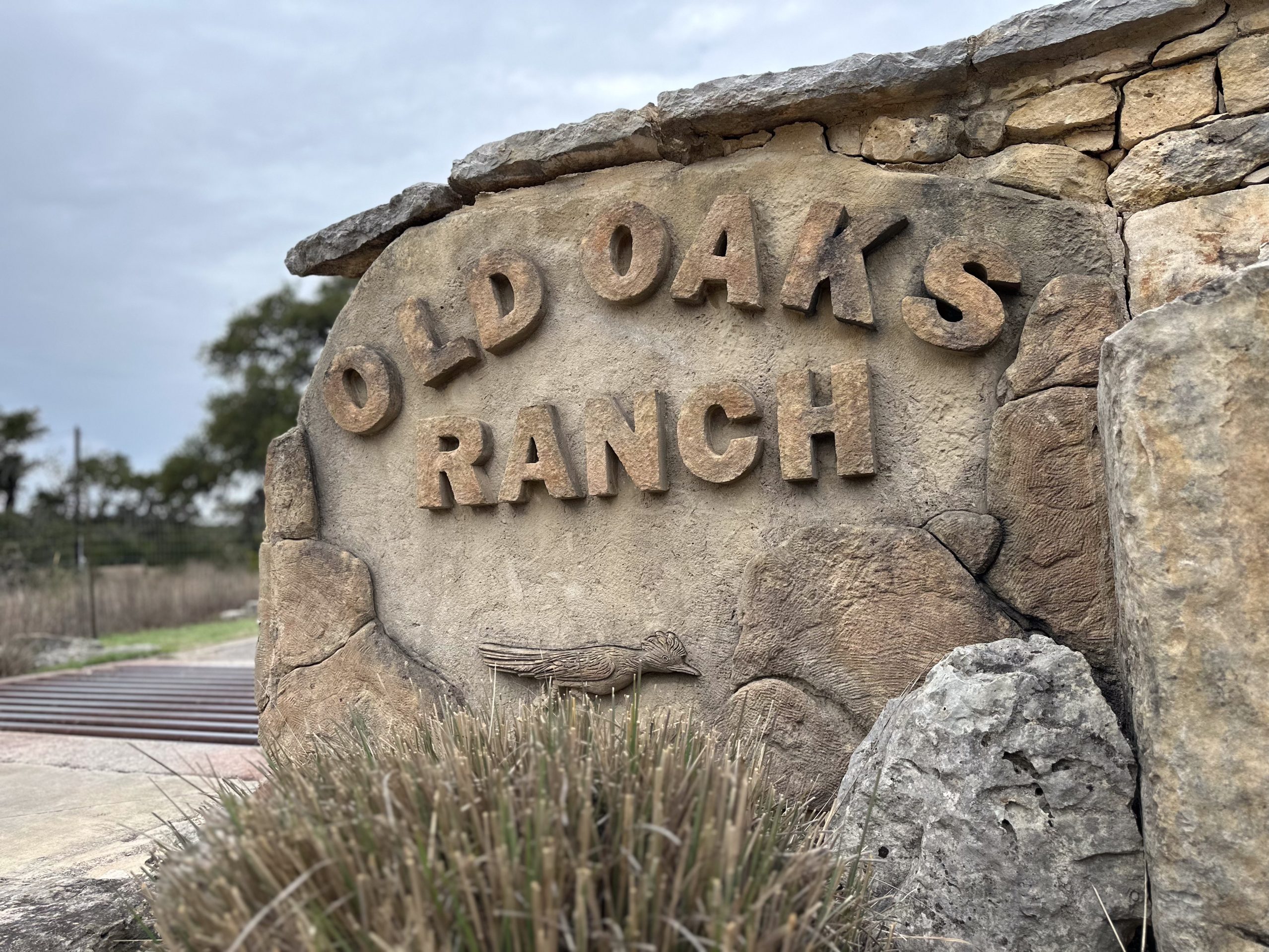

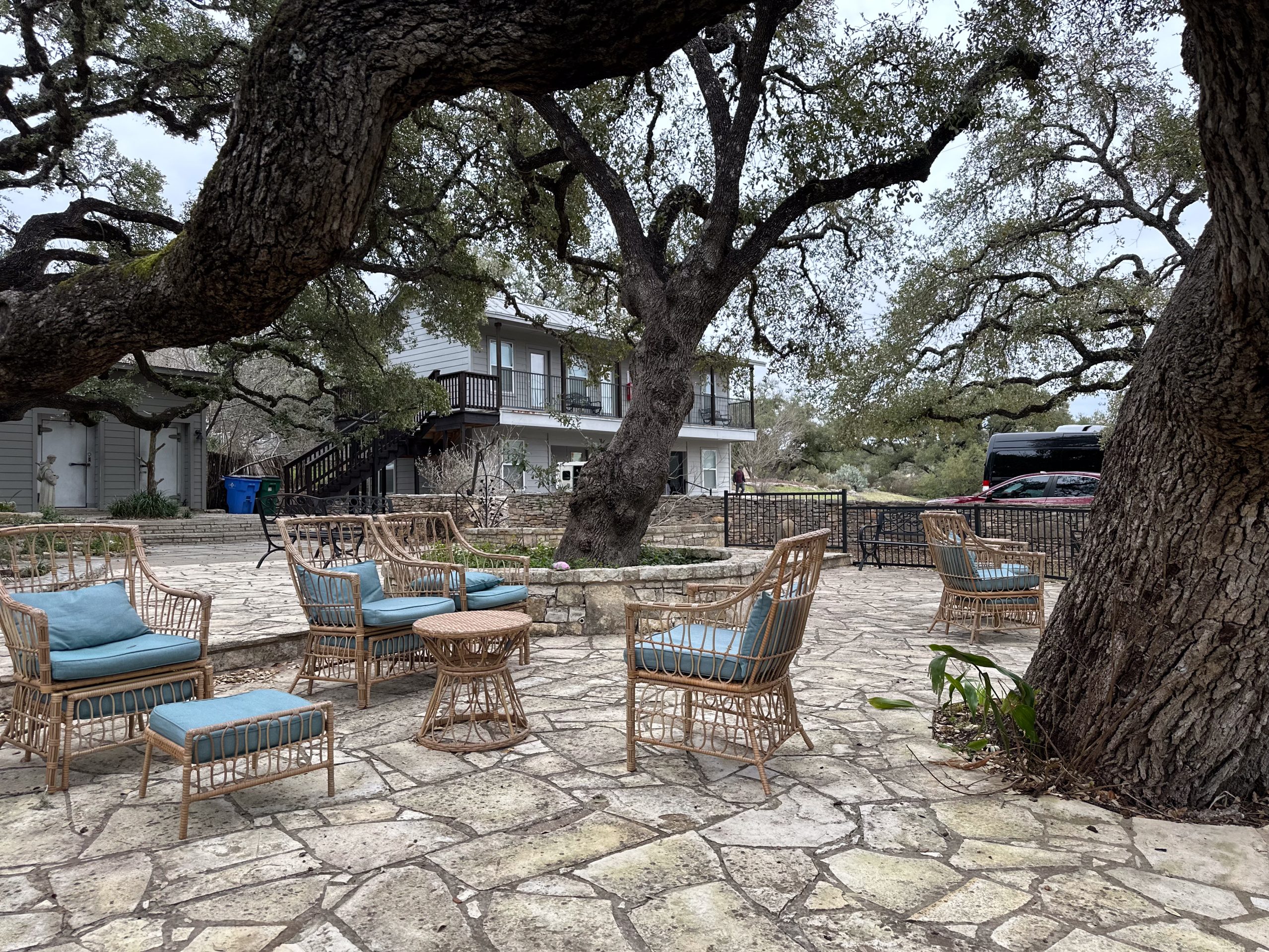
What Is Ayahuasca? Meaning & Origins
Ayahuasca is a psychoactive brew originating from South America, traditionally made by boiling the Banisteriopsis caapi vine with plants that contain DMT (dimethyltryptamine) (e.g., Psychotria viridis) .
Etymologically, “ayahuasca” comes from Quechua—“aya” meaning “spirit, soul, or dead body,” and “waska” meaning “rope” or “vine.” Thus, the name is often translated as “spirit liana” or “liana of the soul.”
Constituents of Ayahuasca
DMT (Dimethyltryptamine)
DMT is the primary psychoactive compound in ayahuasca, producing vivid hallucinations, altered perception of time, and spiritual experiences.
When smoked alone, DMT produces intense but brief trips, usually lasting only about 20 minutes
β-Carbolines & MAO-Inhibitors (Harmala Alkaloids)
More Time. More Joy. More You. Start Now.
WE ACCEPT MOST INSURANCES







Effects, Experience & Therapeutic Potential
Physical effects: Commonly include nausea, vomiting (“purging”), diarrhea, increased heart rate, elevated blood pressure, and hormonal changes.
Psychological effects: Users report mystical experiences, altered time perception, emotional breakthrough, and contact with archetypal or spiritual beings.
Therapeutic promise: Early research suggests potential antidepressant, anxiolytic, and addiction‑treatment benefits when administered in culturally grounded or clinical settings
Risks and Safety Considerations
Adverse events: While traditional use is generally considered safe, higher doses or weak preparation techniques can lead to seizures, psychosis, serotonin syndrome, or cardiovascular stress .
Interactions & contraindications: Harmala alkaloids (MAOIs) can dangerously interact with certain medications or tyramine-rich foods, though YDV church traditions suggest dietary restrictions may be less critical than once thought.
Legal status: DMT is Schedule I under international law, though the plants used in ayahuasca are often unregulated. Legal allowances vary widely—some countries, like Brazil and Mexico, allow ritual usage; others strictly prohibit it unless under specific religious exemptions
.
Freedom Starts Here. Take Back Your Life Today.
Same-Day Admissions in Austin Available.
Nova Recovery Center’s Treatment Options for Ayahuasca & Constituent Misuse
If ayahuasca use or its constituent compounds has become problematic, professional help is essential. Nova Recovery Center offers comprehensive, compassionate care tailored to psychedelic misuse:
Medical Detox
Start with our detox program—a safe, monitored detox phase to manage physical effects and stabilize clients.Inpatient Treatment
Our inpatient program provides intensive therapy, including evidence-based counseling, trauma-informed care, and holistic practices tailored to psychedelic after-effects and underlying issues.Outpatient Treatment
For greater flexibility, our outpatient services offer structured therapy, group support, and relapse prevention while allowing continuation of daily life.Sober Living
Post-treatment, sober living environments offer stability, peer encouragement, and accountability during transition periods.Admissions & Same-Day Access
Our admissions team handles insurance, placement, and offers same-day access to begin recovery without delay.
Other Outpatient Drug and Alcohol Rehab Locations
FAQ for Ayahuasca & Constituent Misuse
How do you pronounce "ayahuasca"?
It’s commonly pronounced eye-ah-WAH-ska in both U.S. and U.K. English
What is ayahuasca made of?
A decoction typically combining Banisteriopsis caapi (vine) and a plant containing DMT, most commonly Psychotria viridis.
What does ayahuasca feel like?
What does ayahuasca feel like?
How long does an ayahuasca trip last?
The effects typically last between 4 to 8 hours, depending on dose, preparation, and individual factors
Are there therapeutic benefits?
Studies indicate ayahuasca may have antidepressant, anxiolytic, and addiction treatment potential when used in appropriate settings.

